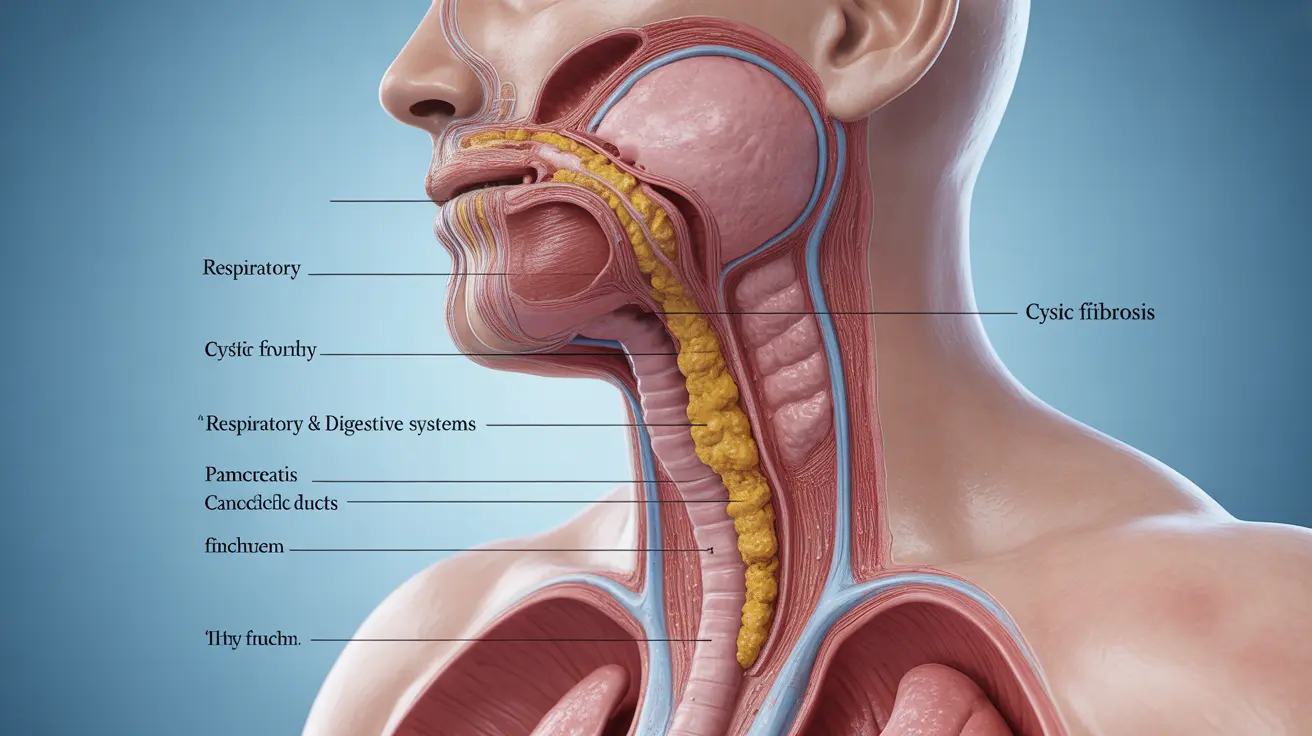Everyone experiences hunger pains at some point, those unmistakable sensations that signal it's time to eat. While these feelings are a natural part of our body's hunger response, understanding their causes, patterns, and management can help you maintain better control over your eating habits and overall health.
In this comprehensive guide, we'll explore what causes hunger pains, how to distinguish them from other types of stomach discomfort, and effective strategies for managing them through dietary and lifestyle changes.
Understanding Hunger Pains and Their Causes
Hunger pains typically manifest as a gnawing or empty sensation in your stomach, often accompanied by mild cramping. These sensations occur when your stomach is empty and your body releases certain hormones, particularly ghrelin, which stimulates appetite.
Common triggers for hunger pains include:
- Delayed or skipped meals
- Irregular eating patterns
- Insufficient caloric intake
- Rapid drops in blood sugar
- Dehydration
- Certain medications
The Impact of Diet on Hunger Sensations
What you eat plays a crucial role in how frequently and intensely you experience hunger pains. High-sugar and processed foods can create a cycle of rapid spikes and crashes in blood sugar levels, leading to more frequent hunger sensations.
The Role of Processed Foods
Processed foods often lack the necessary nutrients to keep you feeling satisfied. They can trigger:
- Rapid digestion
- Quick energy crashes
- Increased cravings
- More frequent hunger pains
Building a Hunger-Stabilizing Diet
A well-balanced diet can help regulate hunger patterns and reduce the frequency of hunger pains. Focus on incorporating:
- Lean proteins
- Complex carbohydrates
- Healthy fats
- High-fiber foods
- Plenty of vegetables
Lifestyle Factors Affecting Hunger
Several lifestyle factors can influence the frequency and intensity of hunger pains. Stress and poor sleep habits often play significant roles in disrupting normal hunger patterns.
Managing Stress-Related Hunger
Chronic stress can alter eating patterns and increase the frequency of hunger pains. Implementing stress-management techniques such as meditation, regular exercise, and adequate rest can help regulate hunger signals.
The Sleep-Hunger Connection
Poor sleep quality or insufficient sleep can disrupt hunger hormones, leading to increased appetite and more frequent hunger pains. Maintaining a consistent sleep schedule and practicing good sleep hygiene can help normalize hunger patterns.
When to Seek Medical Attention
While hunger pains are typically normal, certain situations warrant medical attention:
- Severe or persistent pain that doesn't improve with eating
- Unexpected weight loss
- Nausea or vomiting
- Pain that interferes with daily activities
- Symptoms that worsen over time
Frequently Asked Questions
What are the common symptoms of hunger pangs and how do they differ from other types of stomach discomfort?
Hunger pains typically present as hollow or gnawing sensations in the stomach, often accompanied by mild cramping. Unlike other stomach discomfort, hunger pains usually improve with eating and don't cause sharp or severe pain. They're also often accompanied by growling sounds and a desire to eat.
How are hunger pangs affected by diet, specifically the consumption of high-sugar or processed foods?
High-sugar and processed foods can create a cycle of rapid blood sugar fluctuations, leading to more frequent and intense hunger pains. These foods digest quickly, causing energy crashes and increased cravings, unlike whole foods that provide sustained energy and better hunger control.
Can stress and lack of sleep cause hunger pangs, and what are some strategies to manage them?
Yes, both stress and lack of sleep can increase hunger pains by disrupting hormone balance. Management strategies include maintaining a regular sleep schedule, practicing stress-reduction techniques, and establishing consistent meal times. Regular exercise and mindfulness practices can also help regulate hunger signals.
How can a balanced diet rich in protein and fiber help reduce frequent hunger pangs?
Protein and fiber work together to slow digestion and promote satiety. Protein helps maintain stable blood sugar levels, while fiber adds bulk to meals and promotes feelings of fullness. This combination helps reduce the frequency and intensity of hunger pains between meals.
When should I seek medical help if I experience persistent or severe hunger pangs despite dietary changes?
Seek medical attention if hunger pains are severe, persist despite eating, or are accompanied by unexplained weight loss, severe nausea, vomiting, or intense abdominal pain. These symptoms could indicate an underlying medical condition requiring professional evaluation.




